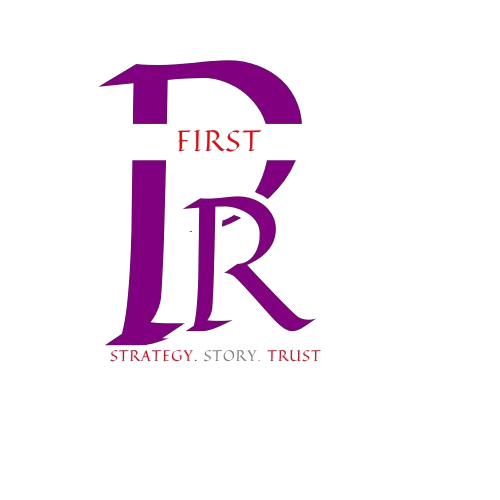In the throes of globalisation, the Nigerian cultural landscape stands at a crossroads, grappling with the implications of Westernisation on deeply-rooted traditions. A poignant concern emerges as generations become more adept in English, a trend that threatens the vibrancy of local languages and dialects. This linguistic shift, often initiated at home, impacts the transmission of cultural values from one generation to the next.
Within tertiary institutions, a visible clash of cultural expressions unfolds, with students adopting Western attire under the guise of showcasing modernity. The divergence from traditional clothing, which embodies the elegance of African heritage, raises questions about the erosion of cultural aesthetics. The attire that once exemplified modesty and responsibility is replaced by styles that some argue border on indecency.
Simultaneously, the erosion of values becomes apparent in schools, where the time-honored respect for elders diminishes. Unique cultural gestures, such as the Yoruba’s flat prostration and Nupe’s kneeling, fade into obscurity as younger generations lean towards emulation of Western norms.
The dietary landscape undergoes a transformation as well, with the abandonment of natural foods in favor of processed alternatives. This shift correlates with an upsurge in health issues, a departure from the robust health enjoyed by ancestors who thrived on natural sustenance.
In the realm of architecture, the durability of traditional mud houses contrasts sharply with the modern structures prevalent today. As communities adopt Westernized building practices, especially in hot regions, the unintended consequence emerges — rooms become stiflingly hot, and the quest for relief through air conditioning introduces new health challenges.
While acknowledging the undeniable contributions of Westernisation, particularly in formal education, a call to revisit and safeguard Nigeria’s cultural heritage reverberates. The loss of tradition and values prompts reflection on the essence of identity and pride, challenging Nigerians to strike a delicate balance between embracing progress and preserving the richness of their cultural tapestry. In navigating this cultural crossroads, the resilience of tradition becomes pivotal, serving as a compass in the evolving landscape of global influence.










